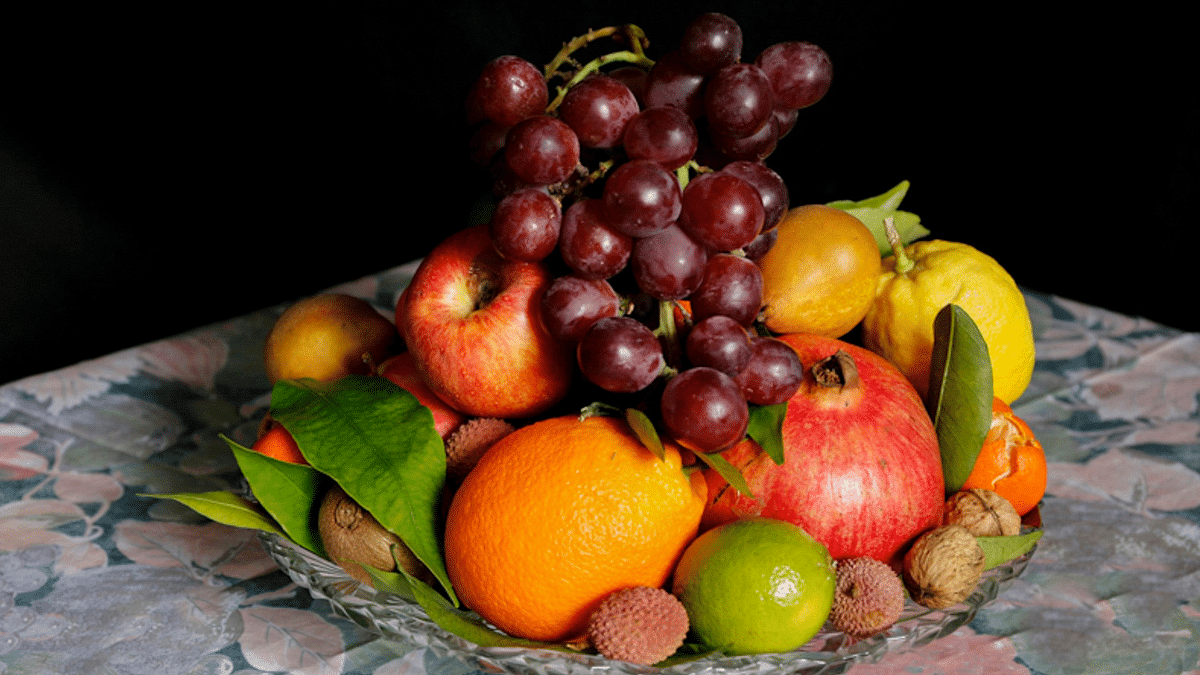


A recent study conducted in the United States has found that parents' dietary choices can significantly impact their children's eating habits. The research, which involved over 3,800 parents, discovered that parents tend to choose unhealthy foods for themselves after selecting a healthy meal for their children. This pattern can lead to parents consuming unhealthier foods and may also result in children adopting unhealthy eating habits if they primarily eat from their parents' plates. To address this issue, the researchers conducted five experiments and found that when parents were encouraged to view their meals as their own rather than backup options for their kids, they were about a third more likely to choose a healthy option for themselves. The study's findings suggest that policymakers and schools should consider the role parents play in promoting healthy eating among children [ef307e94].
The study's results align with previous research that highlights the influence of parental behavior on children's eating habits. A study published in the Journal of Nutrition Education and Behavior found that parents who consumed a variety of fruits and vegetables had children who were more likely to eat a diverse range of produce. Additionally, a study published in the journal Pediatrics revealed that children whose parents had a healthy diet were more likely to have a healthy diet themselves. These findings underscore the importance of parental role modeling and the need for parents to prioritize their own healthy eating habits to positively influence their children's food choices [ef307e94].
In addition to parents' diet, researchers have found that infants also have a unique visual diet that significantly influences their developmental trajectory. A study published in Neuroscience News reveals that very young babies experience a visual diet consisting of simple, high-contrast patterns and edges found in everyday environments. The study utilized head-mounted cameras on infants to directly observe and analyze the visual stimuli in their daily surroundings. The researchers found clear differences between the visual input of infants and adults, with infants being exposed to a higher concentration of simple patterns and high-contrast edges. This unique visual input for infants is optimized for their developmental progress and changes as they grow [a128b407].
The findings of the study on infant visual diet not only advance our understanding of human visual development but also offer insights for improving AI visual systems. The researchers discovered that AI trained on sequences of images mimicking infant visual experiences performs better. This suggests that AI visual systems can benefit from similarly staged learning processes. The research has implications for both human visual development and the training of AI visual systems [a128b407].
Furthermore, a new study has found that infants are more likely to believe false information when it is presented as a fact. The study, conducted with 48 infants, showed them a series of videos with either true or false information and found that the infants were more likely to believe the false information when it was presented as a fact. The findings suggest that infants have a limited ability to evaluate the credibility of information and are more susceptible to false beliefs. This has implications for how parents and caregivers should present information to infants [94e01fc2].
In light of these findings, experts emphasize the importance of understanding what constitutes a truly balanced diet. Dr. Matthew Landry from UC Irvine criticizes the common misconception of balancing good and bad foods, likening it to allowing smoking if one exercises. Dr. Shilpa Bhupathiraju from Harvard highlights the necessity of nutrient-dense foods, recommending that half of one's plate be filled with fruits and vegetables, alongside whole grains and plant-based proteins. Quick fixes for diet imbalances are deemed ineffective; a variety of foods is essential for overall health. Budget-friendly options such as canned and frozen produce, as well as home gardening, can engage children in food preparation and promote healthy eating habits within families. Eating should be enjoyable and social, with family involvement enhancing the overall experience [e021cc32].